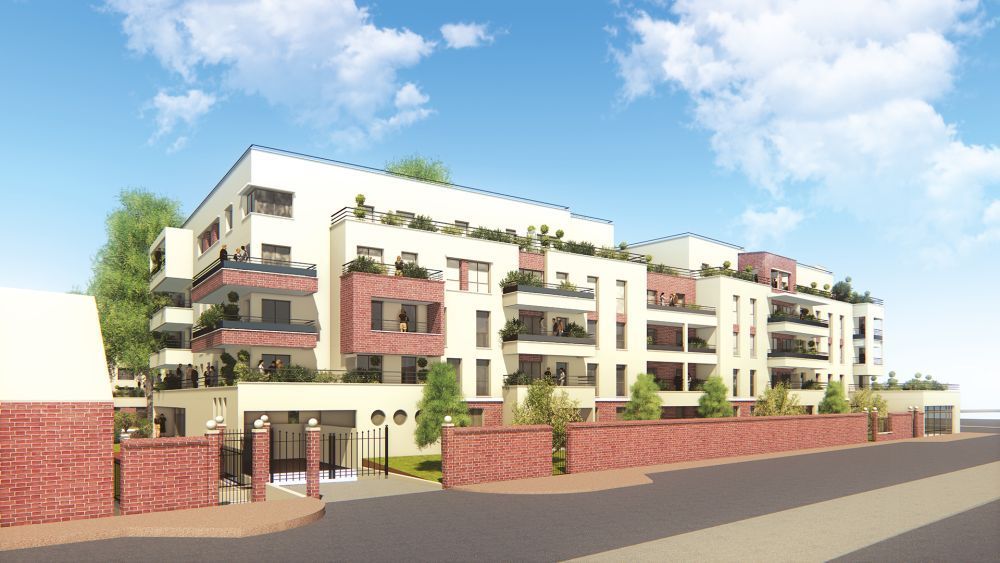 Interior design
Yachting
Interior design
Yachting
 Paris 3ème Marais
Paris 6ème Luxembourg
Paris 7ème Bac Saint-Germain
Paris 7ème Champ-de-Mars
Paris 8ème Saint-Honoré
Paris 9ème
Paris 15ème Saint-Charles
Paris 15ème Sèvres-Lecourbe
Paris 16ème Auteuil Passy
Paris 16ème Trocadéro
Boulogne Billancourt
Neuilly Sur Seine
Rent Rive Droite
Rent Rive Gauche
Cannes
Bruxelles South
Paris 3ème Marais
Paris 6ème Luxembourg
Paris 7ème Bac Saint-Germain
Paris 7ème Champ-de-Mars
Paris 8ème Saint-Honoré
Paris 9ème
Paris 15ème Saint-Charles
Paris 15ème Sèvres-Lecourbe
Paris 16ème Auteuil Passy
Paris 16ème Trocadéro
Boulogne Billancourt
Neuilly Sur Seine
Rent Rive Droite
Rent Rive Gauche
Cannes
Bruxelles South

The “Climate and Resilience” Law of August 22, 2021 includes several provisions aimed at excluding the most energy-intensive housing from the rental market. The rental ban will gradually come into force from 1 January 2023.
The most indecent accommodations are the first to be affected by the tightening of the rules. These are dwellings whose Energy Performance Diagnosis (DPE) is classified G and whose consumption exceeds 450 kWh/m2/year. They can no longer be re-let to a new tenant from January 1, 2023. However, this prohibition will not apply to leases in progress on this date, but only to re-letting to a new tenant. It will also not concern accommodation rented for tourist use, but only those intended for the principal residence of the tenant, which are subject to the law of July 6, 1989 on rental reports.
Good to know :
The “Climate and Resilience” Law also prohibits owners of F or G classified housing from increasing the rent during the lease, even if the rental contract contains an annual indexation clause. The landlords concerned can also no longer increase the rent during a lease renewal with the tenant in place or during a relocation with a new tenant. In Metropolitan France, the measure applies to rental contracts concluded, tacitly renewed or renewed from August 24, 2022. In Guadeloupe, Martinique, Guyana, Reunion and Mayotte, it will apply to rental contracts concluded , extended or renewed after July 1, 2024.
As of January 1, 2025, energy performance will become a decency criterion for housing. Only those whose energy consumption does not exceed a ceiling can still be re-let. This cap will be gradually reduced between 2025 and 2034.
Thus, the ban on renting will hit all G-classified housing from January 1, 2025. Then it will be the turn of F-classified housing from January 1, 2028. Finally, E-classified housing will be “exited” from the rental market at from January 1, 2034. In total, 7.2 million dwellings considered as thermal sieves are concerned, including 5.2 million main residences.
Good to know :
The calendar of rental bans could be modified by the public authorities in the future, depending in particular on public aid devoted to home renovation (aid from Anah, MaPrimeRénov' scheme, energy saving certificates ...) and the rate of construction of new, less energy-intensive housing.
The timing of the rental ban is different in the overseas departments (Guadeloupe, Martinique, Guyana, Reunion and Mayotte). It will concern accommodation classified G from 1 January 2028, and accommodation classified F from 1 January 2034. Accommodation classified E, on the other hand, can always be re-let.
The “Climate and Resilience” Law also requires condominiums over 15 years old to include the vote on a draft multi-year work plan on the agenda of the annual general meeting. Carried out by a building professional on the basis of an overall diagnosis of the building, it must include the list of works necessary to safeguard the building, to preserve the health and safety of the occupants, to energy savings and the reduction of greenhouse gas emissions. It must also include an estimate of the level of energy performance that this work will make it possible to achieve and its cost, as well as a proposed schedule for the work whose completion appears necessary in the next ten years. This obligation will come into force on January 1, 2023 for co-ownerships with more than 200 lots, on January 1, 2024 for those made up of 50 to 200 lots, then on January 1, 2025 for those with less than 50 lots.
The GTF Locations service is at your disposal to answer all your questions about "Climate and resilience".
To contact us about your real estate project, please click on the bell.








